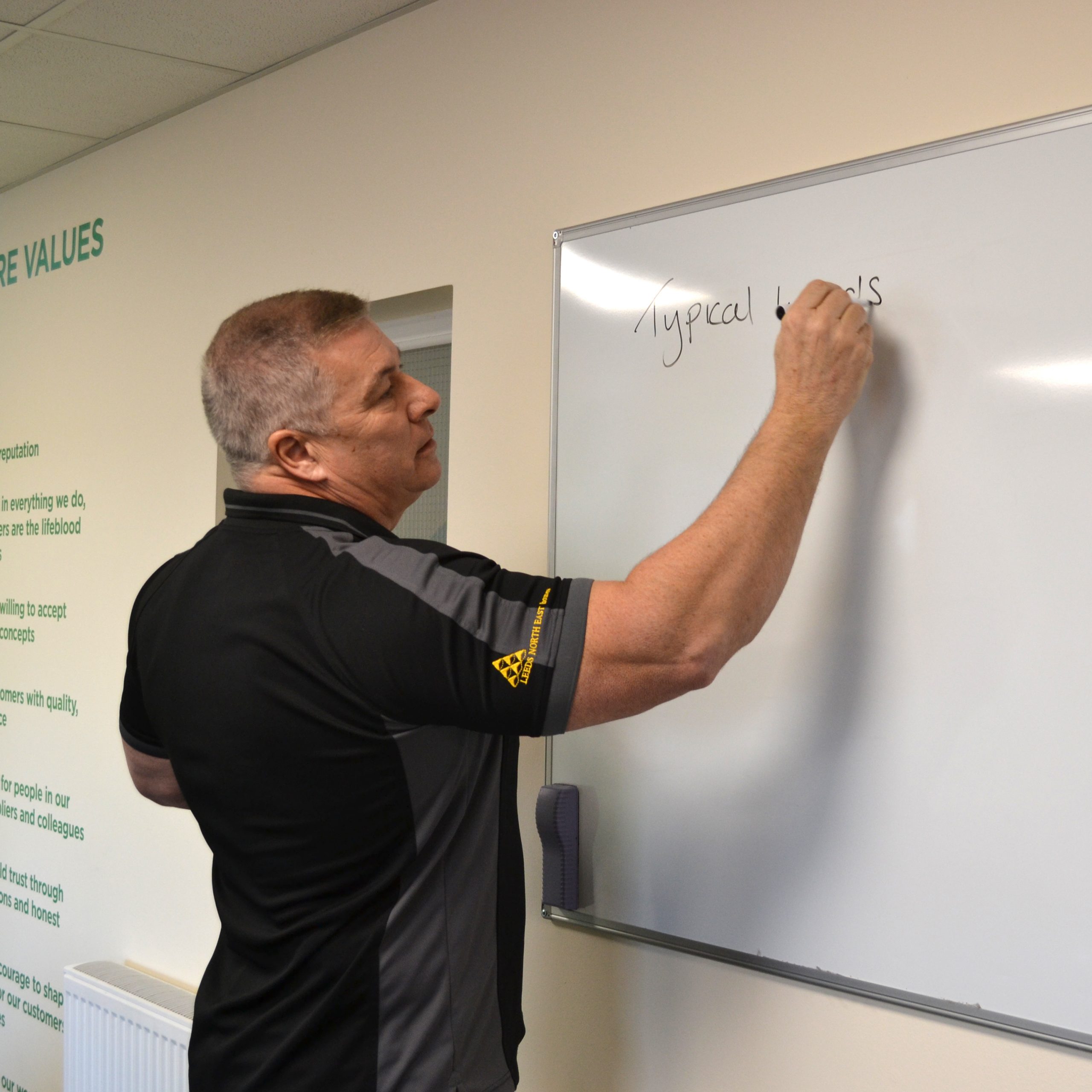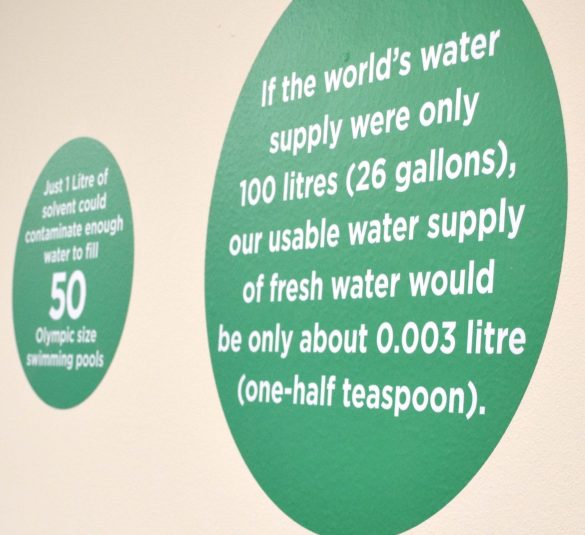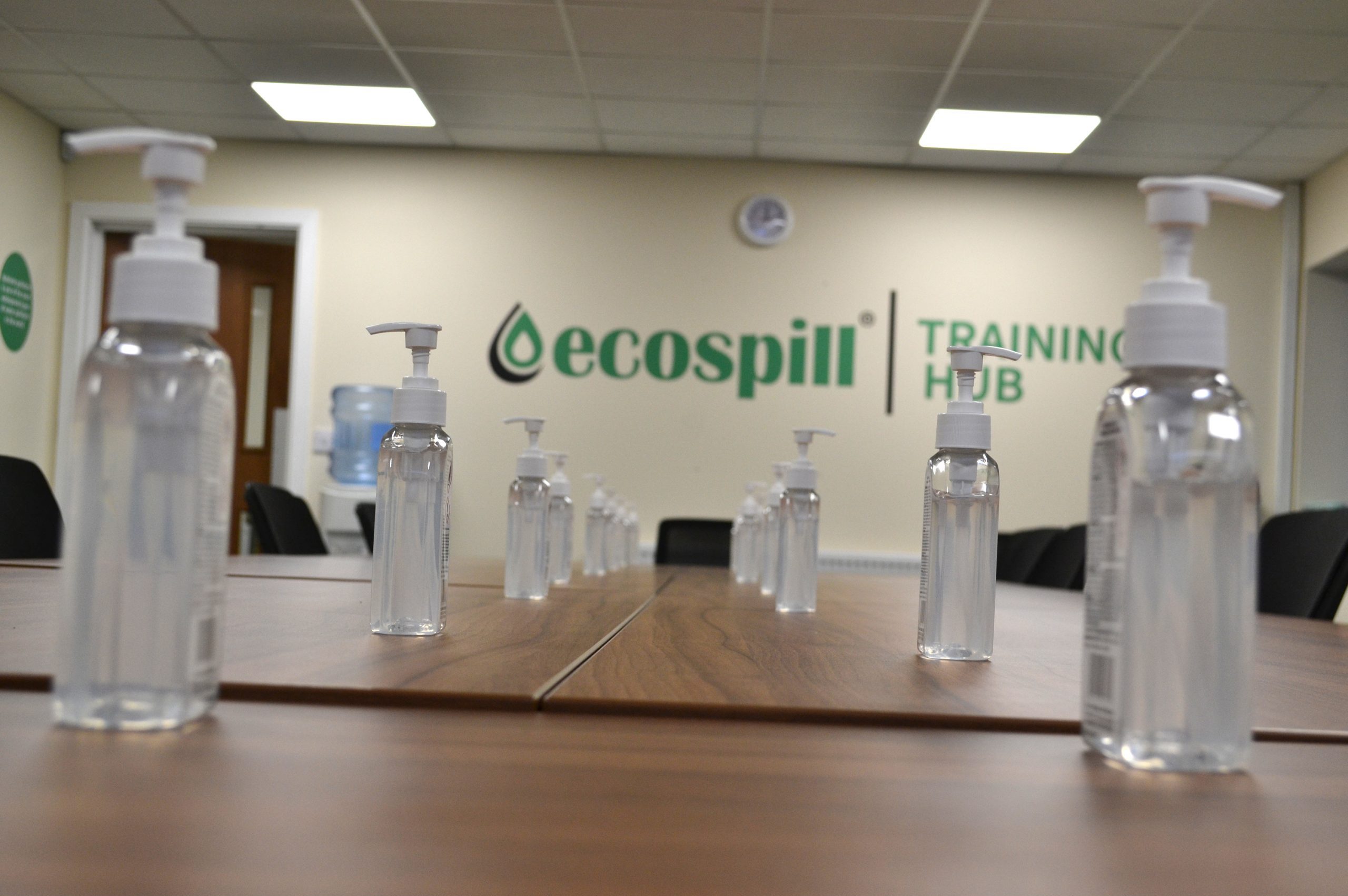
The importance of spill training

Spills whether minor or significant, can happen anytime and anywhere. Places of work are not immune to such incidents whether minor or more significant, and evidence shows that they can occur to any business regardless of industry or size.
Industry now recognises that spills can have serious ecological and socio-economic consequences and are potentially hazardous to both workers, the environment, and the business. Significant effort and priority should be dedicated to firstly designing operations and employing procedures that prevent spills from occurring in the first instance (proactive) and secondly, improving the efficacy and speed of clean-up operations should an incident occur (reactive). Carrying out regular spill risk assessments and ensuring that you have the correct equipment and materials in the right places is important. However, an optimum level of preparedness and speed of response is of equal importance in ensuring that any spill, whether indoors or outdoors, is responded to in a safe, effective, and efficient manner and is essential to limit the widespread adverse consequential impacts that a spill can have.
Therefore, it is essential that organisations have an Emergency Spill Response Plan (ESRP) in place. However, the success of an organisations Emergency Spill Response Plan depends not only on how well the plan is constructed and communicated to staff, but just as importantly, on the ability of its employees and first responders to follow the plan, act both safely and effectively to a given situation and to use the emergency equipment provided by the company. For this reason, it is essential for businesses to develop an appropriate spill response training strategy in line with likely scenarios. This will enable first responders to carry out response functions when an incident or emergency occurs as well as developing their competencies and skill sets so that they can fulfil their key roles and responsibilities.
It is important that all those within an organisation who may be involved in responding to an emergency or incident should be appropriately prepared. Spill response training is about preparing staff to carry out response functions when a spillage event occurs. Without appropriate training, an organisation and its staff could quickly become overwhelmed by an incident and be unable to handle its impacts as well as expose themselves and others to the risk of harm. Finally, an uncoordinated response could also lead to a delay in the resumption of normal business operations or depending upon the outcome of the incident, fines, and clean-up costs not to mention bad publicity for the organisation.


Amongst other topics, a well-constructed spill response course should aim to cover the following key areas.
• Raising the awareness of key operatives and first responders about what constitutes and incident or emergency.
• The importance of prioritising health and safety before, during and post response.
• Causes of spills in the workplace.
• Highlight some of the consequential impacts from spills on people, the environment, and the business.
• Highlight site relevant situations or scenarios they may be asked to deal with as well as the potential risks associated with responding to on-site spills.
• Provide operatives with the necessary skills, tools, and techniques to confidently identify, select and deploy spill response equipment and materials available to them in a safe and competent manner.
• Highlight alternate strategies where spill response material may be unavailable or in short supply.
• Key spill relevant regulations.
• It should also stress the need for a clear and well written spill response plan based on likely spill scenarios.
• Practical demonstrations of spill containment and control product in line with likely spill scenarios.
Training should not be used by the company delivering the course as an opportunity to promote its product and services. It should be focused on providing delegates with practical and sensible guidance on what to do in the event of an on-site spillage.
Training should also, where possible, try to be site specific rather than generic in nature so based on one or more likely spill scenarios. This means that the trainer should make every effort to understand the site, its main activities, the types, and volumes of liquids stored / handled on site and the current overall level of preparedness of the site to deal with a spill.
Ecospill spill training courses have been created with all the above in mind to provide operatives and first responders with the necessary knowledge, competency, and skills necessary to safely respond to an onsite spill.


